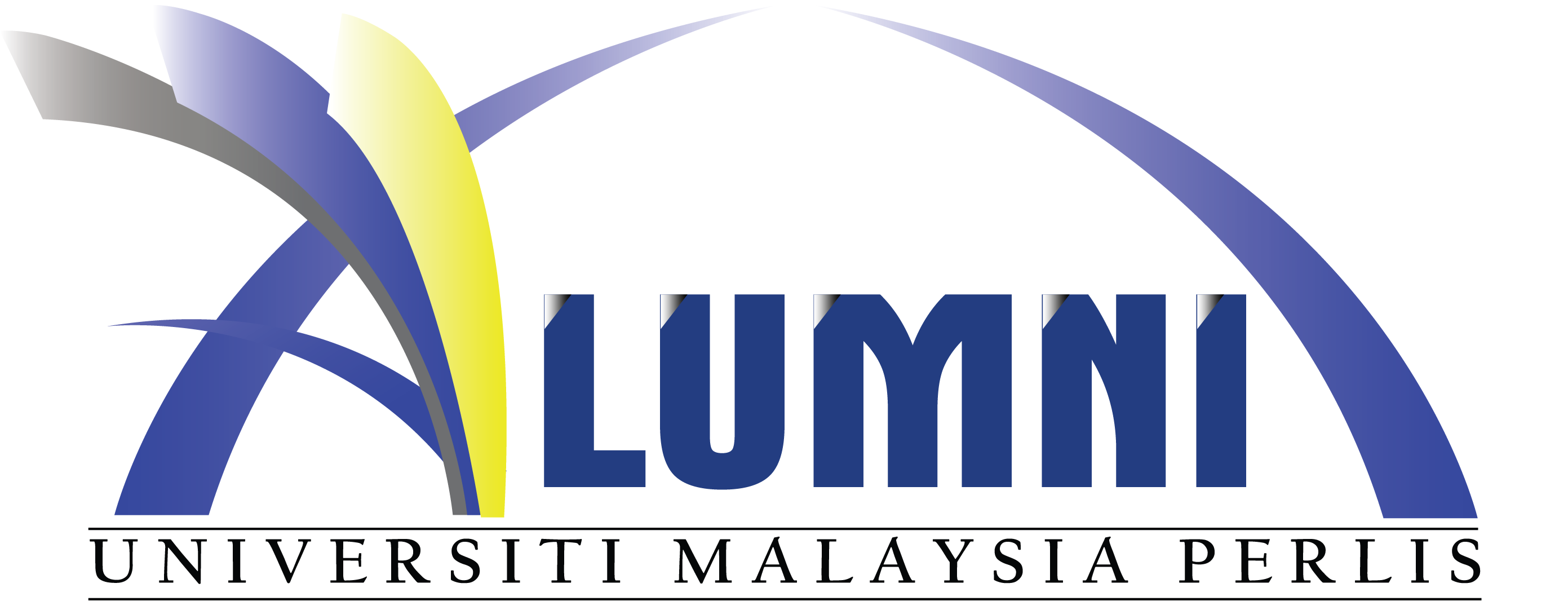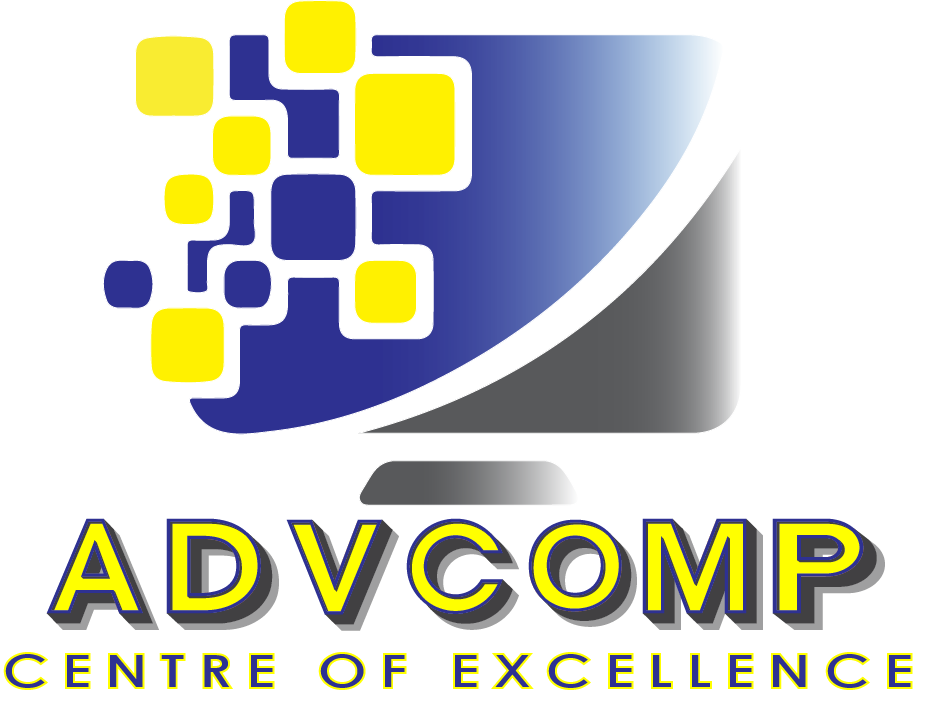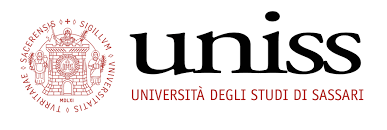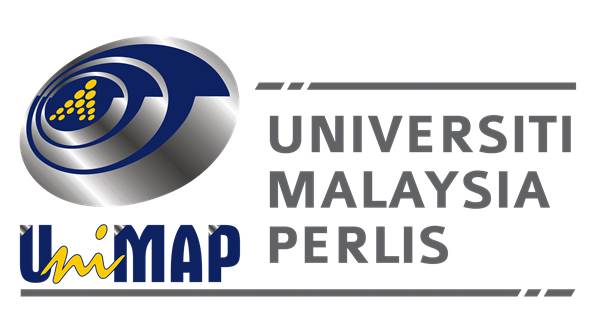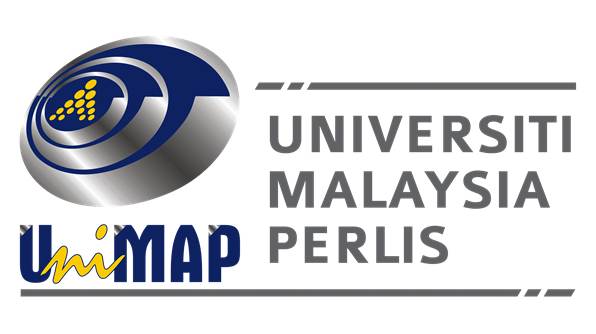
The 1st International Conference on Business Innovation, Entrepreneurship and Technology (ICOBET) 2021
&
The 1st International Conference on Computing, Engineering and Applied Sciences (ICCEAS) 2021

Bayview Beach Resort, Penang, Malaysia
12 & 13 July 2021
(MOVED TO VIRTUAL CONFERENCE --> DUE TO COVID-19 PANDEMIC)
KEYNOTE SPEAKER

BRIEF BIOGRAPHY:
Massimo Tistarelli received the Phd in Computer Science and Robotics in 1991 from the University of Genoa. He is Full Professor in Computer Science (with tenure) and director of the Computer Vision Laboratory at the University of Sassari, Italy. Since 1986 he has been involved as project coordinator and task manager in several projects on computer vision and biometrics funded by the European Community.
Since 1994 he has been the director of the Computer Vision Laboratory at the Department of Communication, Computer and Systems Science of the University of Genoa, and now at the University of Sassari, leading several National and European projects on computer vision applications and image-based biometrics.
Prof. Tistarelli is a founding member of the Biosecure Foundation, which includes all major European research centers working in biometrics. His main research interests cover biological and artificial vision (particularly in the area of recognition, three-dimensional reconstruction and dynamic scene analysis), pattern recognition, biometrics, visual sensors, robotic navigation and visuo-motor coordination. He is one of the world-recognized leading researchers in the area of biometrics, especially in the field of face recognition and multimodal fusion. He has co-authored more than 150 scientific papers in peer reviewed books, conferences and international journals. He is the principal editor for the Springer books “Handbook of Remote Biometrics” and “Handbook of Biometrics for Forensic Science”.
Prof. Tistarelli organized and chaired several world-recognized several scientific events and conferences in the area of Computer Vision and Biometrics, and he has been associate editor for several scientific journals including IEEE Transactions on PAMI, IET Biometrics, Image and Vision Computing and Pattern Recognition Letters.
Since 2003 he is the founding director for the Int.l Summer School on Biometrics (now at the 18th edition – http://biometrics.uniss.it). He is a Fellow member of the IAPR and Senior member of IEEE, and Vice President of the IEEE Biometrics Council.
FACE RECOGNITION: LEARNING FROM BIOLOGICAL DEEP NETWORKS
ABSTRACT:
Face Recognition has been extensively studied as a mean to facilitate man-machine interaction in a variety of different applications. Due to the imaging variabilities and to the complex nature of the face shape and dynamics, analyzing and recognizing human faces from digital images is still a very complex task.
In the last decade deep learning techniques have strongly influenced many aspects of computational vision. Many difficult vision tasks can now be performed by deploying a properly tailored and trained deep network. Oxford University’s VGG-face is possibly the first deep convolutional network designed to perform face recognition, obtaining unsurpassed performance at the time it was firstly proposed. The enthusiasm for deep learning is unfortunately paired by the present lack of a clear understanding of how they work and why they provide such brilliant performance. The same applies to Face Recognition.
Over the last years, several and more complex deep convolutional networks, trained on very large, mainly private, datasets, have been proposed still elevating the performance bar also on quite challenging public databases, such as the Janus IJB-A and IJB-B. Despite of the progress in the development of such networks, and the advance in the learning algorithms, the insight on these networks is still very limited. For this reason, in this talk we analyse the neural architecture of the early stages of the human visual system to devise a biologically-inspired model for face recognition. The aim is not pushing the recognition performance further, but to better understand the representation space produced from a deep network and how it may help explaining the process undergoing a real biological neural architecture.
In this talk we analyse a hybrid model network trying to better understand the role of the different layers, including the retino-cortical mapping simulated by a log-polar image resampling. The following issues will be addressed:
- What is the representation space within a deep convolutional network and how this reflects the organization of the human visual cortex.
- How the retino-cortical mapping, implemented in the human visual system, may impact the representation space, hence improving the classification performance.
- The relevance of peripheral vs foveal vision for face recognition.
The 1st International Conference on Business Innovation, Entrepreneurship and Technology (ICOBET) 2021 and the 1st International Conference on Computing, Engineering and Applied Sciences (ICCEAS) 2021 in collaboration with University of Sassari, Italy and Amity University Network (AUN) Research Labs - Amity Institute of Information Technology, Amity University Uttar Pradesh, Noida, India in conjunction with International Convention on Applied Sciences and Humanities (CASH) 2021 are organised by Faculty of Applied and Human Sciences (FSGM), Universiti Malaysia Perlis (UniMAP), Malaysia. It will be held on 12 & 13 July 2021.
As concerns increased over the pandemic of Corona Virus Disease (COVID-19) and The Malaysian National Security Council (NSC) had also instructed that there should be NO SOCIAL ACTIVITIES (at the time of the conference), the organising committee therefore HAS DECIDED to move ICOBET & ICCEAS 2021 from a physical to VIRTUAL Conference.
Their aim is to bring together leading academic scientists, researchers and research scholars to exchange and share their experiences and research results about all aspects of Business Innovation, Entrepreneurship, Computing, Engineering and Sciences. It also provides the premier interdisciplinary forum for scientists, engineers, and practitioners to present their latest research results, ideas, developments, and applications in all areas of Business Innovation, Entrepreneurship, Computing, Engineering and Sciences. The convention will bring together leading academic scientists, researchers and scholars in the domain of interest from around the world.
1) 1st International Conference on Business Innovation, Entrepreneurship and Technology (ICOBET) 2021
Topics of interest for submission include, but are not limited to:
Business Innovation
- Accounting
- Business and Social Innovation
- Economics
- Marketing
- Organizational Behavior
- Human Resource
- Other Business Issues
Entrepreneurship
- Social and Technology Entrepreneurship
- SMEs
Technology
- Product Design and Development, Integrated Technology and Engineering
- Production and Operation Management, Smart Manufacturing
- Digital Governance. Finance Technology
- Innovative Construction Technology, Architecture and Urban Development
- Real Estate and Facilities Management
- Environmental management and Humanities
- Communication Technology
Publication:
ICOBET 2021 articles will be published in conference proceedings or journal indexed by Malaysian Citation Index (MyCite).
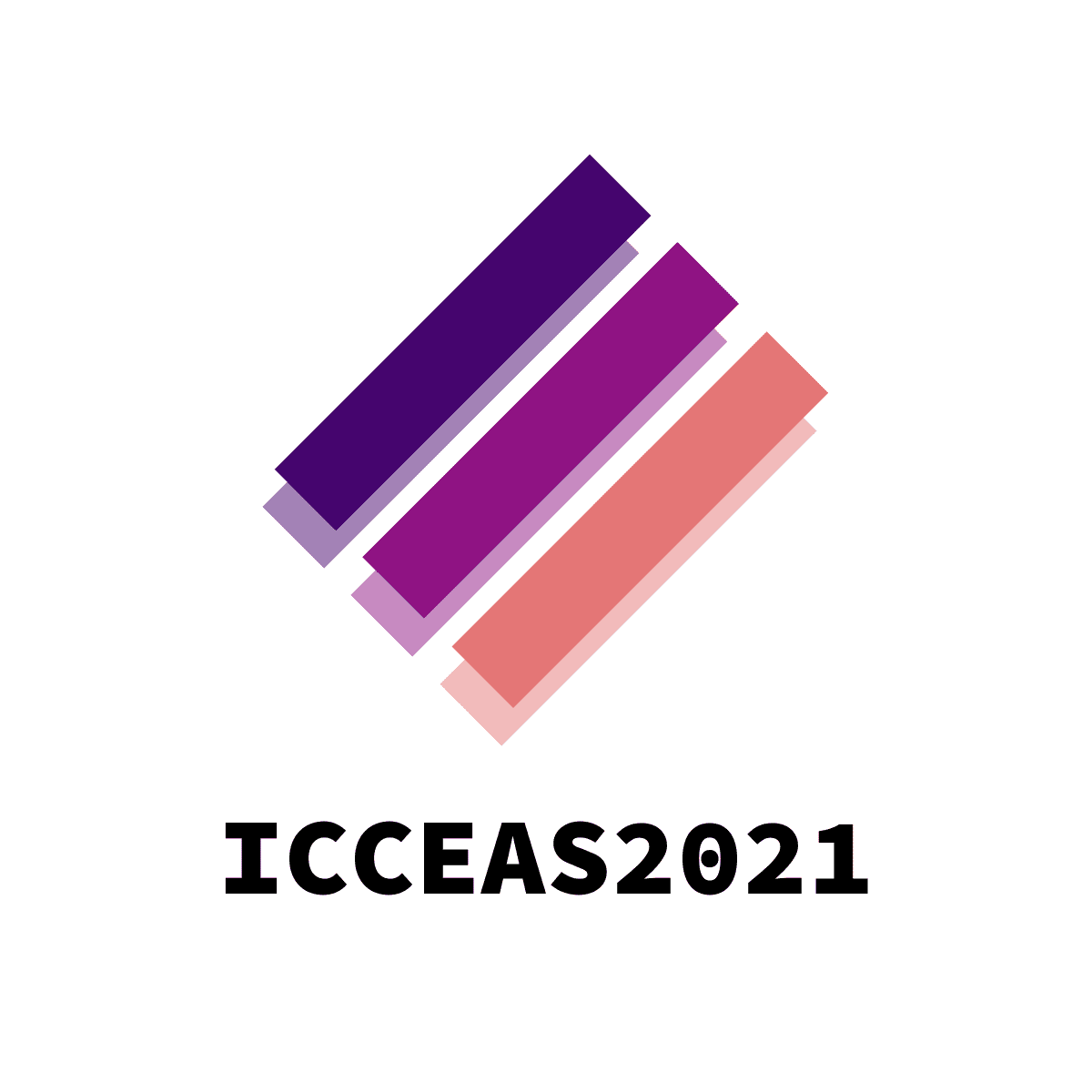
"ALL ACCEPTED, PAID AND PRESENTED PAPERS WILL BE SUBMITTED TO A SCOPUS INDEXED PUBLICATION"
2) 1st International Conference on Computing, Engineering and Applied Sciences (ICCEAS) 2021
Computing
- Architecture and Systems Design for Internet of Things
- Algorithm Design and Analysis
- Big Data
- Biometrics
- Information Systems
- Computer Aided Education Tools
- Cloud Computing
- Cognitive Science
- Computational Complexity Theory
- Computational Linguistics and Neuroscience
- Computer Animation
- Computer Security
- Computer Systems
- Green Computing
- Internet of Things
- Network Security
- Numerical Analysis
- Operating Systems
- Programming Paradigms
- Quantum Computing Theory
- Requirements Analysis
- Scientific Computing
- Sustainable Computing
- Database Management Systems
- Evolutionary Computation
- Expert Systems
- Information Theory
- Information Science
- Information Security
- Information Systems
- Internet of Things
- Logic Programming
- Machine Learning Technique
- Natural Language Processing
- Network Topology
- New Media Technology
- Mobile Network and Security
- Numerical Algorithms
- Software Design
- Software Development Process
- Software Engineering and Testing
- Symbolic Mathematics
- Ubiquitous Computing
Engineering
- Acoustical Engineering
- Aerospace Engineering
- Agricultural Engineering
- Biological Systems Engineering
- Biomedical Engineering
- Bioprocess Engineering
- Biotechnology
- Chemical Engineering
- Civil Engineering
- Computer Engineering
- Electrical Engineering
- Electronic Engineering
- Energy Engineering
- Environmental Engineering
- Food Engineering
- Genetic Engineering
- Geotechnical Engineering
- Industrial Engineering
- Information Engineering
- Manufacturing Engineering
- Marine Engineering
- Materials Engineering
- Mechanical Engineering
- Mechatronics Engineering
- Nano Engineering
- Naval Engineering
- Nuclear Engineering
- Ocean Engineering
- Optical Engineering
- Petroleum Engineering
- Power Engineering
- Process Engineering
- Resource Engineering
- Structural Engineering
- Systems and Software Engineering
- Telecommunications Engineering
- Textile Engineering
- Thermal Engineering
- Transport Engineering
- Web Engineering
- Vehicle Engineering
Applied Sciences
- Applied Physics
- Applied Mathematics
- Architectural Science
- Astrophysics
- Bioinformatics
- Biotechnology
- Chemistry
- Data Mining
- Engineering Mechanics
- Engineering Science
- Environmental Science
- Nanotechnology
Publication:
ICCEAS 2021 proceedings will be published in the Journal of Physics: Conference Series (JPCS). JPCS is a peer-reviewed and open access publication from Institute of Physics (IOP) Publishing, UK with Online ISSN: 1742-6596 and Print ISSN: 1742-6588. It is indexed in Scopus, ISI Web of Science (WoS) and Google Scholar as well as EI Compendex and Inspec.
All accepted, paid and presented papers will be submitted to the publisher. For publication, it will require a final review by the publisher’s editorial team.
IOP Publishing publishes your paper under a licence, which is available to read here: https://publishingsupport.iopscience.iop.org/questions/iop-proceedings-licence/
It is essential that the author read and understand the terms of the licence. By submitting to us (organiser), once your paper has been accepted and it is to be undergone the publication process, the author had agreed with IOP Publishing terms. It is also important that this information is shared with the co-authors of the paper.
INFORMATION FOR AUTHORS
- Please follow these essential guidelines when preparing your paper:
Basic guidelines for preparing a paper
Guidelines for preparing reference lists - Authors must prepare their papers using our Microsoft Word or LaTeX2e templates:
Microsoft Word templates
LaTeX2e class file
Paper Preparation:
Please download the Word template for extensive guidelines on formatting your paper. As a summary, please ensure the following:
- The number of pages are between 6-12 pages.
- Paper size is European A4.
- Margins are 4cm (top), 2.5cm (left and right) and 2.7cm (bottom).
- The paper includes the author name and affiliation (full address including country).
- There are no page numbers, or headers and footers, within the paper.
- The PDF is free of formatting errors (e.g. corrupt equations, missing or low-resolution figures), since conversion from Word to PDF can introduce formatting errors.
- Text is single spaced, not double spaced.
- The PDF file is editable and not password protected.
- All pages are portrait (landscape pages should be rotated).
- Reference lists are checked for accuracy. References can only be linked via Crossref if they are correct and complete.
- Figures are placed within the text, not collected at the end of the document.
- A thorough proofread is conducted to check the standard of English and ensure wording is clear and concise.
* Minimum references are 15 (80% from published work).
* Minimum 6 pages and maximum 15 pages.
* Empirical paper.
* Strictly follow the format of full paper.
* Presented only.
INFORMATION FOR PRESENTERS
The time allocated for your presentation is as follows. We would really appreciate if you could adhere strictly to the time allocated.
Keynote Speaker / Invited Speaker
45-minute presentation.
Author / Presenter
Laptop (Windows) and Projector will be prepared. Authors need to prepare their presentations as follows:
- Presentation time: 15 minutes (10 minutes for presentation, 5 minutes for Q & A).
- Presentation material: PowerPoint file format (.pptx), (MS-Office PowerPoint format is recommended).
- An LCD projector (using Microsoft PowerPoint 2010) will be provided to facilitate your presentation.
* Content Rich.
* Strictly follow the stipulated time given.
Important Dates:
Full Paper Deadline: 20th June 2021 [Final Extension]
Acceptance Notification: 1st July 2021
Camera-ready Paper Deadline: 5th July 2021
Payment Deadline: 5th July 2021
Conference Dates: 12th & 13th July 2021
Registration and Submission
All submissions must be made through the Conference Management System (ConfBay).
Participant/Presenter Registration
• If you have not registered with Confbay before, click Register. Follow the instructions listed on the screen.
• If you have registered with Confbay before, you may Log In.
Online Paper Submission
• After logging in, you will be able to submit your paper through the Online Submission System.
• Click on the “My Submission” menu. Follow the instructions listed.
• Notification emails will be sent to you as a confirmation of the submission.
MAIN ORGANISER:

CASH 2021 Secretariat
Faculty of Applied and Human Sciences (FSGM)
Universiti Malaysia Perlis (UniMAP)
Perlis, Malaysia
Email: cash@unimap.edu.my
STRATEGIC PARTNERS:
